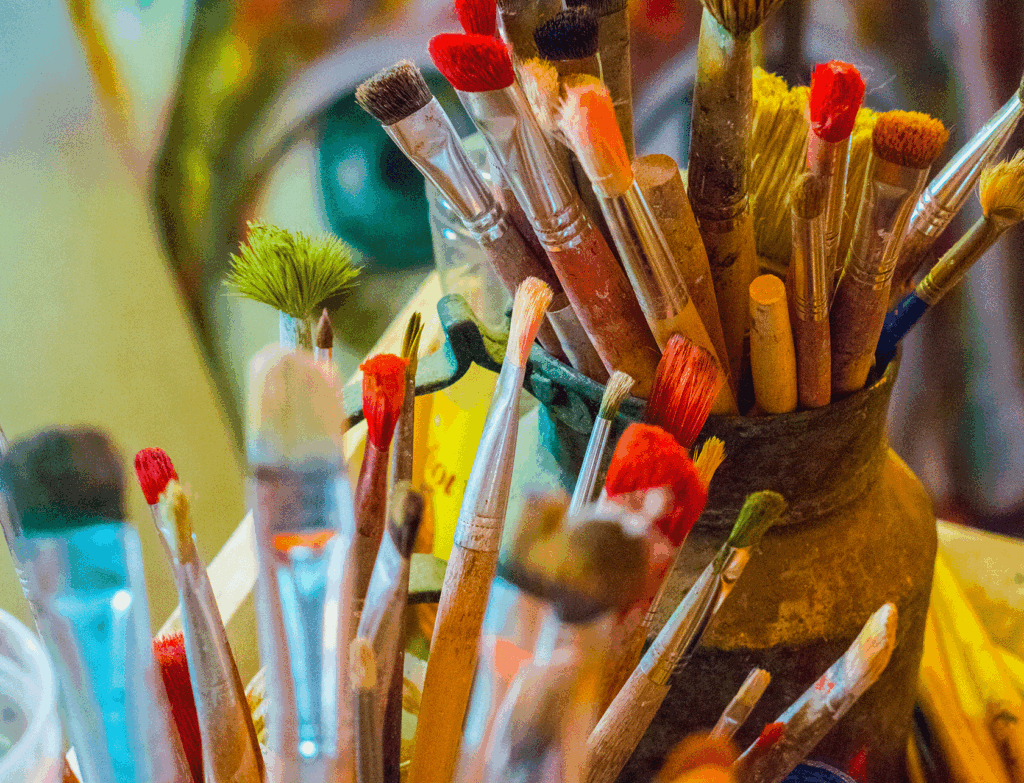
Are you ready to take your art from a fun hobby to a serious business? I’ve got some tips to help you make that leap and set things up like a pro.
LLCs vs. Corporations: Which One’s for You?
First up, let’s talk business types. When you’re turning your art into a real business, you might hear about LLCs and corporations. Think of an LLC like your art studio – it’s your own space where you have the freedom to create, and it keeps your personal stuff safe if anything goes wrong in the business world.
An LLC is super popular with artists and small business owners because it’s easy to manage. It’s like signing up for an art class that fits perfectly with your schedule.
The Best of Both Worlds: LLC with S Corp Benefits
Here’s a cool trick: even if you start as an LLC, you can later choose to be treated like an S corp for tax stuff. It’s like using a paintbrush that lets you switch between watercolor and acrylic modes without buying new brushes.
Talk to the Experts
Remember, I’m here to share my experience, not legal advice. Always chat with a tax pro (CPA) and a small business lawyer to make sure you’re picking the best setup for your art business.
Making Your Art Business Official
Now, let’s say you’re selling your art and making some money. When tax time comes, you want to make sure the tax folks see your art as a real business, not just a hobby. The trick is to set up your business officially. That means having a separate bank account for your art sales and keeping track of all your expenses and income. It’s like having a special sketchbook where you draw only your best pieces.
If you made a few hundred bucks from your art last year, that’s awesome! But to get the tax folks to take you seriously, you need to show them your art biz is set up properly.
Grow Your Art Biz Step by Step
Starting an art business is like learning a new art technique – it takes practice and patience. If you made $400 from your art, why not aim for $4,000? It’s all about setting goals and working towards them. And we’d love to help you do just that.
Keep Your Business and Personal Stuff Separate
One of the biggest rules in business is to keep your business money and personal money apart. Think of it like keeping your paints organized – you wouldn’t mix up your blues and reds, right? Unless your mixing colors on purpose, but that’s a whole other conversation. When you sell art, the money goes into your business account, not your personal one.
Join the Created to Thrive Artist Mentorship Program
If all this business talk feels overwhelming, don’t worry! I’ve got something special for you. The Created to Thrive Artist Mentorship Program is here to help artists like you grow your business, learn the ropes, and connect with other artists on the same journey.
Turning your art hobby into a business is a big step, but with the right setup and a little guidance, you can make it happen. Remember, every professional artist started somewhere, and with determination and the right support, you can achieve your dreams too.
Let’s create, grow, and thrive together!



Leave a Reply